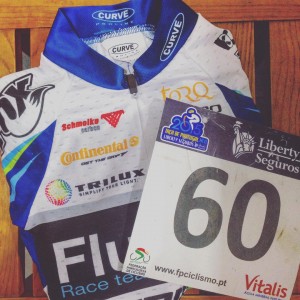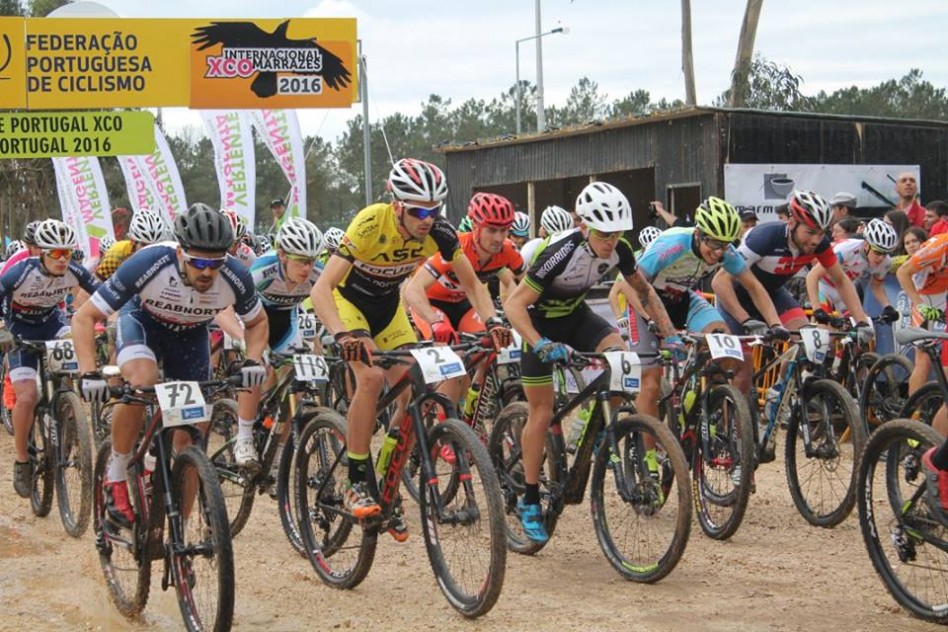 In this 2nd episode of Season 2 of the Mountain Bikes Apart Podcast, we move on from the general training principles that we talked about in Part 1, to discuss how to taper for a big race. This critical time before your big goal event is where it’s easy to make some silly mistakes and ruin some otherwise good preparation. So, we thought we’d get into the nitty gritty of tapering and honing your form in this show. We talk about everything from how to train in the final week or so before your race, to some nutrition principles that you might want to think about.
In this 2nd episode of Season 2 of the Mountain Bikes Apart Podcast, we move on from the general training principles that we talked about in Part 1, to discuss how to taper for a big race. This critical time before your big goal event is where it’s easy to make some silly mistakes and ruin some otherwise good preparation. So, we thought we’d get into the nitty gritty of tapering and honing your form in this show. We talk about everything from how to train in the final week or so before your race, to some nutrition principles that you might want to think about.
Podcast: Play in new window | Download
Subscribe: RSS
The importance of tapering
Tapering is essentially all about honing your form by keeping as much fitness as you can whilst at the same time shedding fatigue that may have built up. Tapering is all about modifying the variables of training, which are:
- The intensity of your workouts, i.e. how hard you push in a ride. The more “intense” a ride, the higher the average heart rate or power figure (if you have a power meter).
- The frequency of your workouts, i.e. how often you train in a given time frame (like a week)
- The duration of your workouts or rides, referring to how long you’re actually riding for
Based on the latest research and practices of top athletes, some interesting guidelines have come about that we mountain bikers can emulate in order to have a more successful build up to a race. The main takeaway that we discussed is to shed this fatigue largely by reducing the duration of your workouts, whilst generally maintaining the frequency and intensity of your rides. In fact, it might be a good idea to slightly increase the intensity to get you ready for racing! Racing is almost always very intense, afterall!
Some nutritional practices
In this part of the show, we introduce the idea of “carb loading” and it’s importance in endurance sports. In mountain bike cross-country racing, races are often quite long (over 1.5 hours) so having enough carbohydrates on board, not only so you can last the distance but also to put out high power surges is vital! Carb loading need not be overthought or be super complex either. It’s usually just a case of shifting your nutritional balance to a few more carbs in the final 2-3 days before your race.
As we mention, simple, everyday foods like bread, pasta and rice are excellent choices for carb loading foods, as are oats for breakfast. As always, it makes a great deal of sense to experiment with which foods work best for you at non-critical times in the season. Try a few different options well before your taper period so you’re not risking any problems in that critical week before your race!
Getting into the racing mindset
Everyone knows how important the mental side of things is when it comes to sport and competition. So we thought a few tips on how to get into the right frame of mind at your race would be worth chatting about.
Essentially, it’s all about staying positive and employing tactics to ward off those negative thoughts that will inevitably want to pop into your head! We discuss using music that you often train to to help with this, as well as visualising previous training sessions that you performed that went particularly well. Now is the time to relive that great ride where you absolutely bossed every climb!
We mentioned a good book to read about mindset and getting into a state of flow in the show, and that’s “Stillpower” by Garret Kramer.
In Part 3…
Next episode, we’ll be moving on to the actual day of your race (gulp!). We’ll be talking about some of the common mistakes that mountain bikers make before their race. We’ll also try to give you some useful pacing tips, so that you ride as good a race as you possibly can. You can get in touch with Colin and myself on Twitter at @colinmcgray or @bytombell if you fancy asking a question or two.
See you in the next show!



Recent Comments